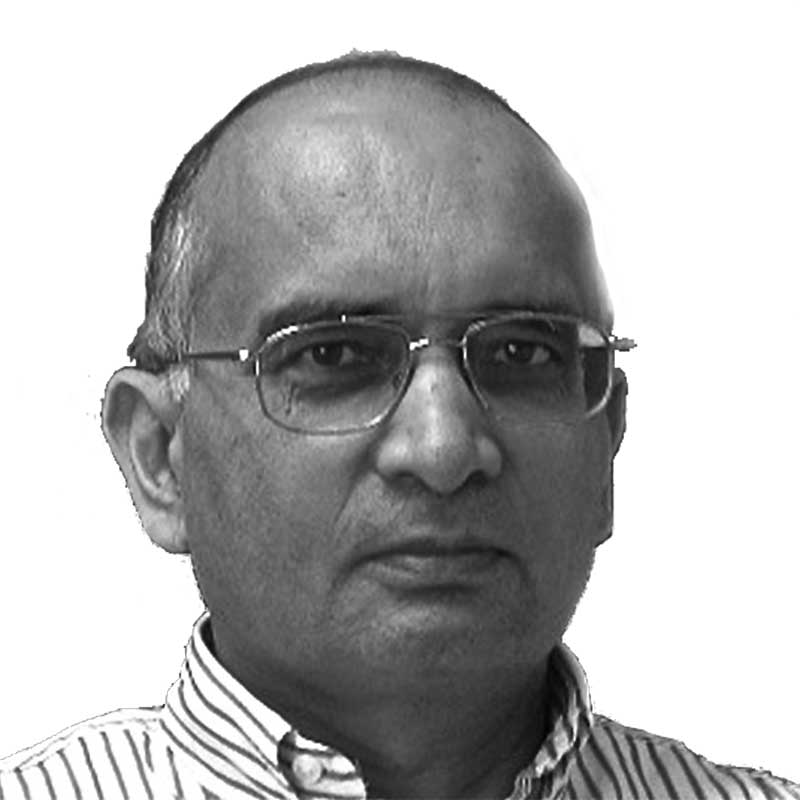
Meta
Ramesh Thakur
Ramesh Thakur is Professor in the Crawford School of Public Policy, Australian National University; adjunct professor, Institute for Ethics, Governance and Law, Griffith University, and editor-in-chief of Global Governance from Jan. 1, 2013. He began writing for The Japan Times in 1998 as Vice Rector of the United Nations University.
Jul 1, 2000
Jun 21, 2000
May 28, 2000
Apr 30, 2000
Apr 17, 2000
Feb 28, 2000
Jan 23, 2000














